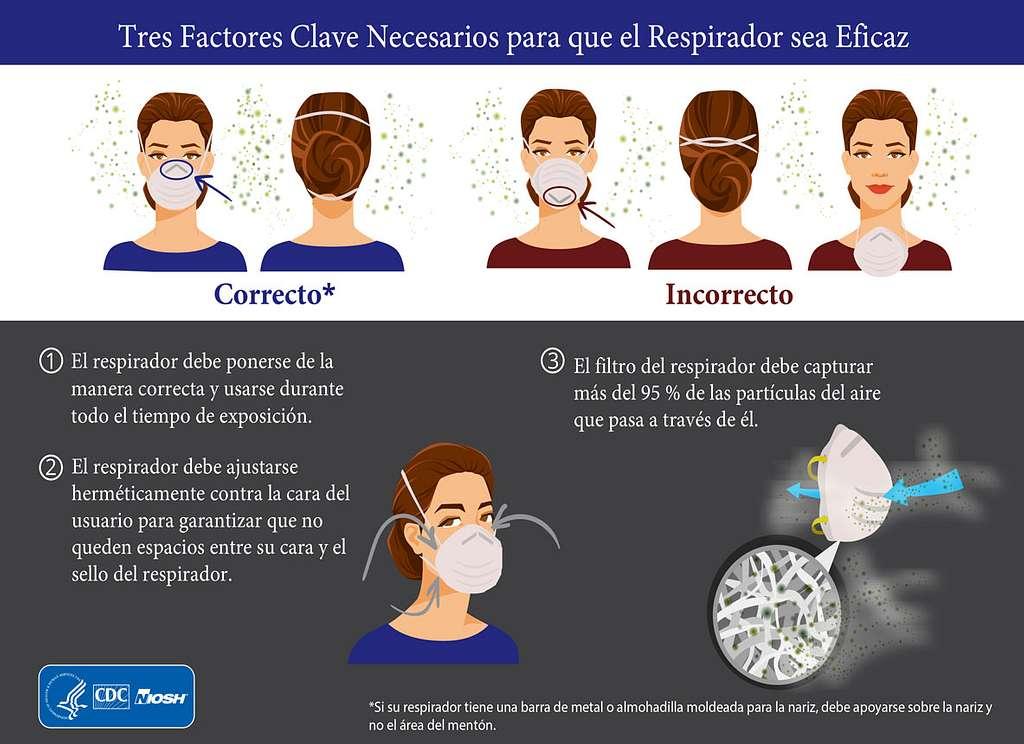In the intricate world of probate law, questions often arise about the timing of filing probate after the passing of a loved one. Understanding the legal requirements and time constraints involved in this process is crucial for a smooth transition of assets and property. As experienced estate planning attorneys at Morgan Legal Group in New York City, we are well-versed in guiding our clients through the probate process with precision and expertise. In this article, we will explore the question: How long do you have to file probate after death? Join us as we delve into the intricacies of probate timelines and deadlines.
Understanding Probate and the Importance of Timely Filing
Probate is the legal process through which a deceased person’s assets are distributed to their heirs and creditors. It is crucial to understand the importance of timely filing for probate after death to ensure a smooth administration of the estate and avoid potential complications. While the specific timeframe for filing probate varies by state, it is generally recommended to initiate the process as soon as possible to prevent any delays in asset distribution.
Failure to file for probate within the designated timeframe can result in legal consequences, including potential loss of assets and increased estate taxes. To avoid such complications, it is advisable to seek guidance from a qualified probate attorney who can assist you in navigating the complexities of the probate process and ensure timely filing. By proactively addressing probate matters, you can protect the interests of the deceased and their beneficiaries, and facilitate a seamless transfer of assets.

Key Factors Influencing the Timeframe for Filing Probate After Death
When it comes to the timeframe for filing probate after death, there are several key factors that must be considered. One of the most important factors is the complexity of the estate. If the deceased had a simple estate with few assets and no disputes among beneficiaries, the probate process may be completed relatively quickly. However, if the estate is complex, involves disputes, or includes assets that are difficult to value, the probate process can take much longer.
Another key factor that influences the timeframe for filing probate after death is the state in which the deceased resided. Each state has its own probate laws and procedures, which can impact how long the probate process takes. Some states have more streamlined probate processes, while others have more complex and time-consuming procedures. Additionally, the involvement of any creditors or disputes among beneficiaries can also prolong the probate process.

Best Practices for Meeting Probate Filing Deadlines
Probate Filing Deadlines
When it comes to probate filing deadlines, it’s crucial to understand the timeframe within which you must submit the necessary documents. Failure to meet these deadlines can lead to costly delays and legal complications. In most states, including New York, the deadline to file for probate after someone’s death is generally within the first few weeks or months. While the exact timeframe can vary depending on the jurisdiction, it’s best to consult with a knowledgeable probate attorney to ensure you meet all required deadlines.
At Morgan Legal Group, we recommend following these :
- Keep track of important dates: Make a note of the date of death and calculate the deadline for filing probate accordingly.
- Seek legal guidance: Consulting with an experienced probate attorney can help you navigate the complex probate process and ensure all deadlines are met.
- Organize necessary documents: Gather all required documents, such as the deceased individual’s Will, financial records, and other relevant information, to streamline the probate filing process.

Seeking Professional Guidance from Experienced Probate Attorneys
When a loved one passes away, dealing with their estate can be a complex and overwhelming process. One of the first steps that needs to be taken is filing for probate. It is important to seek professional guidance from experienced probate attorneys to ensure that all legal requirements are met and the process is handled efficiently.
One common question that arises during the probate process is how long you have to file probate after death. Each state has its own laws regarding the timeframe for filing probate, so it is crucial to consult with a knowledgeable probate attorney to understand the specific requirements in your jurisdiction. **In New York City**, for example, the executor of the estate generally has **30 days** from the date of death to file the probate petition. Failure to meet this deadline can result in delays and complications in settling the estate.
Q&A
Q: How long do you have to file probate after death?
A: The time limit to file probate after someone’s death varies depending on the state you live in. In most states, you typically have a window of 1-3 years to file probate after a person has passed away.
Q: What happens if you miss the deadline to file probate?
A: If you miss the deadline to file probate, you may face consequences such as losing the opportunity to distribute the deceased person’s assets according to their wishes or facing legal penalties.
Q: Can you apply for an extension to file probate after the deadline has passed?
A: It is possible to apply for an extension to file probate after the deadline has passed, but you will need to provide a valid reason for the delay and seek approval from the court.
Q: What are the benefits of filing probate in a timely manner?
A: Filing probate in a timely manner allows for a smoother distribution of the deceased person’s assets, helps avoid potential disputes among beneficiaries, and ensures that all legal requirements are met.
Q: Are there any exceptions to the time limit for filing probate?
A: Some states may have exceptions to the time limit for filing probate, such as if the deceased person had a will that was discovered posthumously, or if there are extenuating circumstances that caused the delay in filing. It is best to consult with a legal professional to understand the specific rules in your state.
Future Outlook
As we come to the end of our exploration into the question of how long you have to file probate after death, it is important to remember that every situation is unique. Consult with a legal professional to ensure you understand the specific deadlines and requirements in your jurisdiction. By taking the necessary steps in a timely manner, you can navigate the probate process with greater ease and ensure a smooth transition of assets to your loved ones. Remember, planning ahead can alleviate stress for you and your family during a difficult time. Thank you for joining us on this journey of understanding probate timelines.

